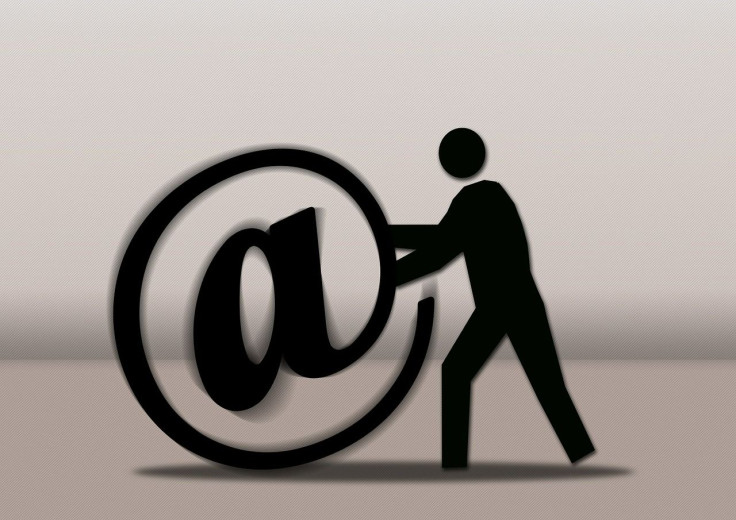No Reply? Study Analyzes Who Responds To Emails Fastest, And When

When can you expect a coworker to answer your email? How about that message that you sent your professor two days ago? And if the response is only a couple words, did you do something wrong?
It’s certainly frustrating when we feel someone isn’t communicating effectively with us through email. Instead of just wondering when they’d get a response to their emails, researchers at the USC Viterbi School of Engineering decided to figure it out. The team conducted a study — the largest on email to date — analyzing the various factors that influence how people respond to emails.
The research was conducted with willing participants, whose actual email was never read by humans, and whose data was then anonymized.The team points to age, platform, volume, and timing as the main indicators of when someone could expect a response to their email. Overall, 90 percent of people responded within a day or two of receiving an email to which they wanted to respond. The most common reply time was two minutes, and half of the responders did so under an hour.
Age played a role in response time, with younger people generally replying faster, and older people being a bit slower. Teens were the quickest, responding on average 13 minutes after receiving an email, followed by young adults (aged 20-35), with a 16-minute response time. Thirty-five to 50-year-olds had an average response time of 24 minutes, with those 51 and over being the slowest to respond with an average of 47 minutes.
The platform from which one is working also plays an important role: Someone working from a laptop will take, on average, twice as long to respond as someone using a mobile phone. Gender didn’t matter much with response time, but one may have to wait about four minutes longer for an email response from a woman.
To increase the probability you’ll get a response, workers suggest using our natural circadian rhythms to your advantage. People are more active on email during the day rather than at night, and emails on weekends get shorter replies than those sent during the week. Emailing someone in the morning, according to the paper, is the best idea for someone hoping for a longer, more thought out reply.
So you’ve gotten a response, what does it mean if the email is super succinct? Not much, according to the researchers. Emails with only five words are the most common ones, and more than half of the email replies are less than 43 words. Only 30 percent of emails are longer than 100 words.
Source: Kooti F, Lerman K. Evolutions of Conversations in the Age of Email Overload. World Wide Web Conference. 2015.
Published by Medicaldaily.com



























